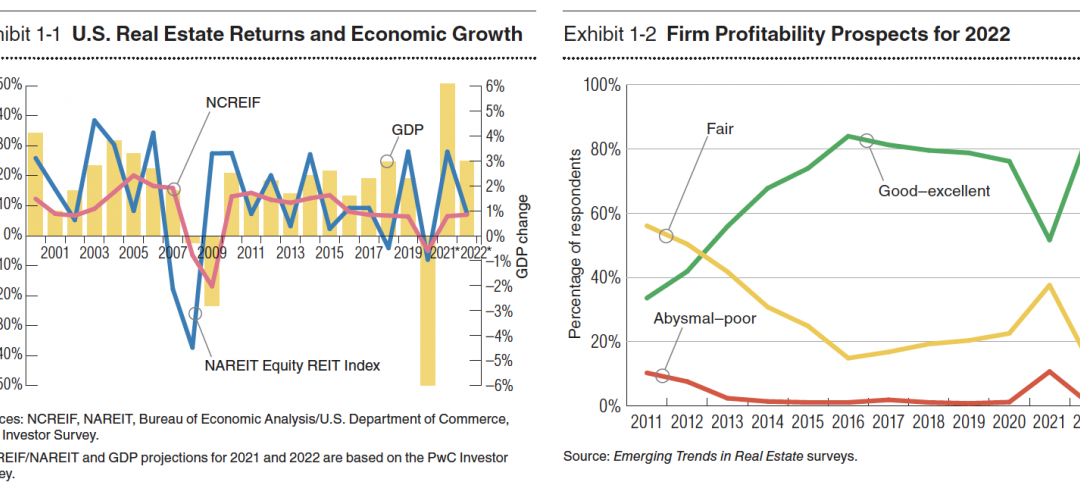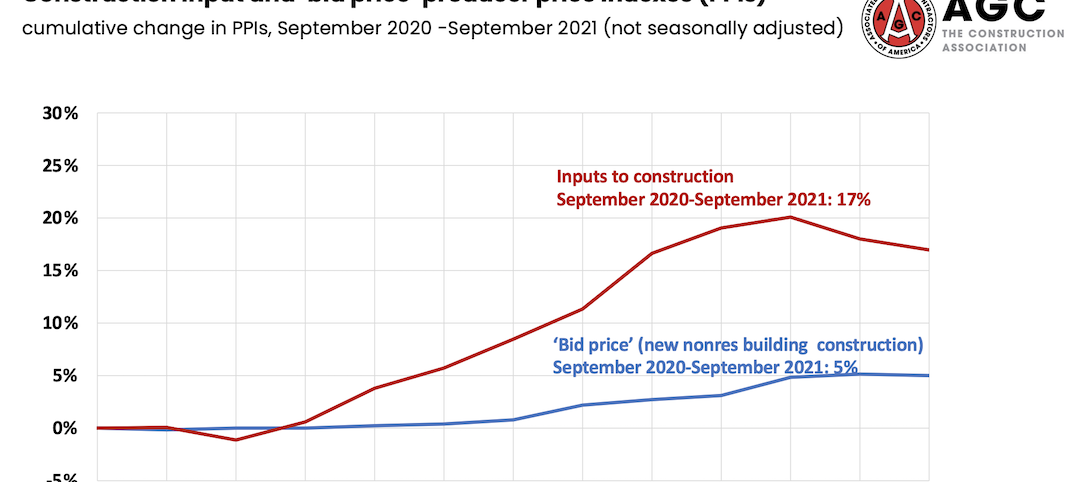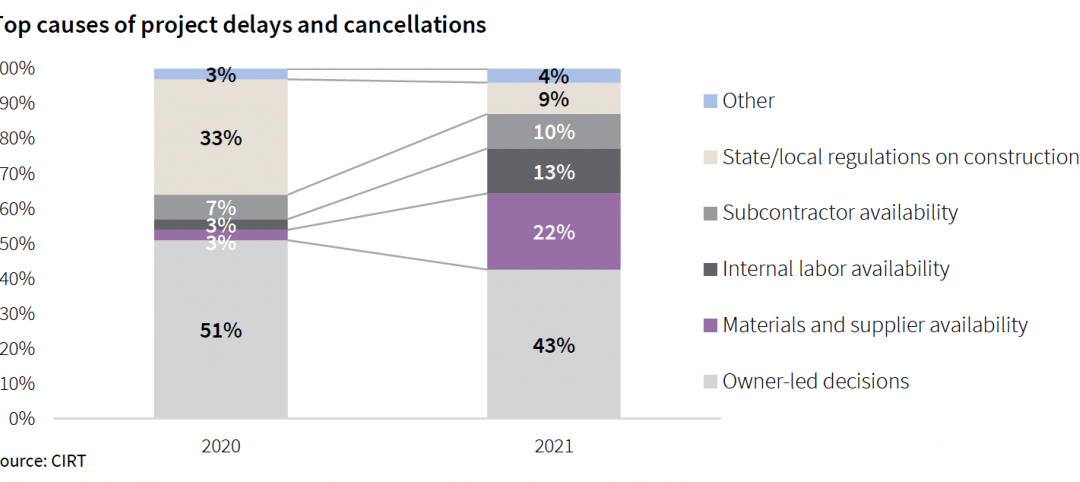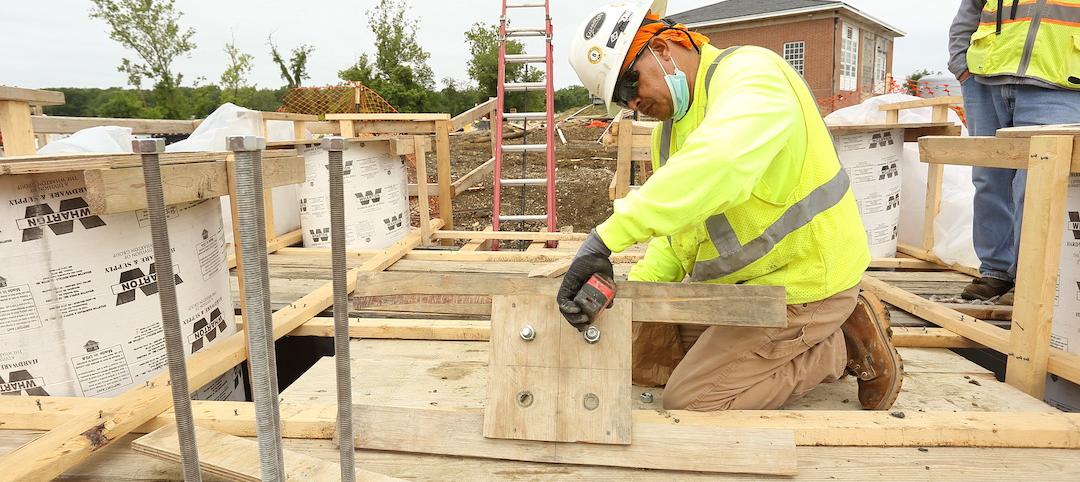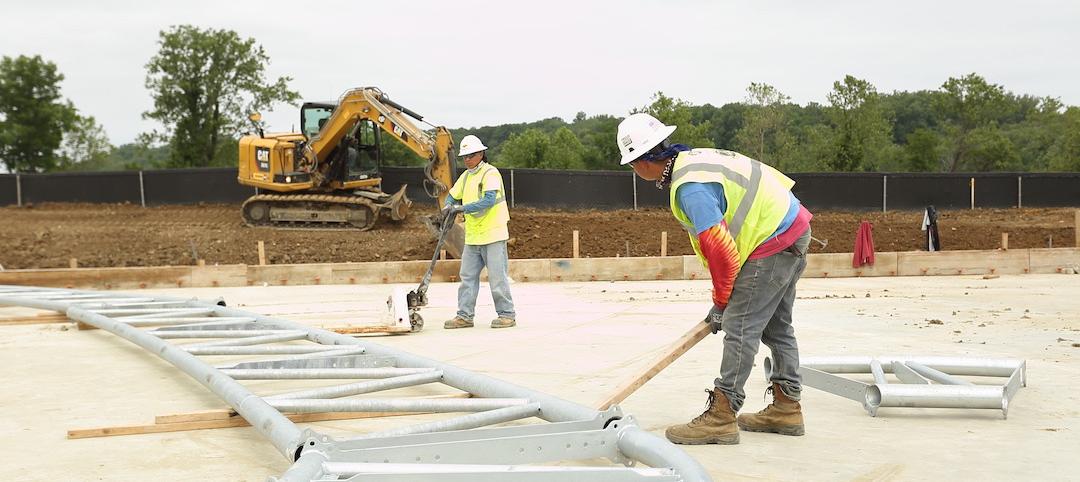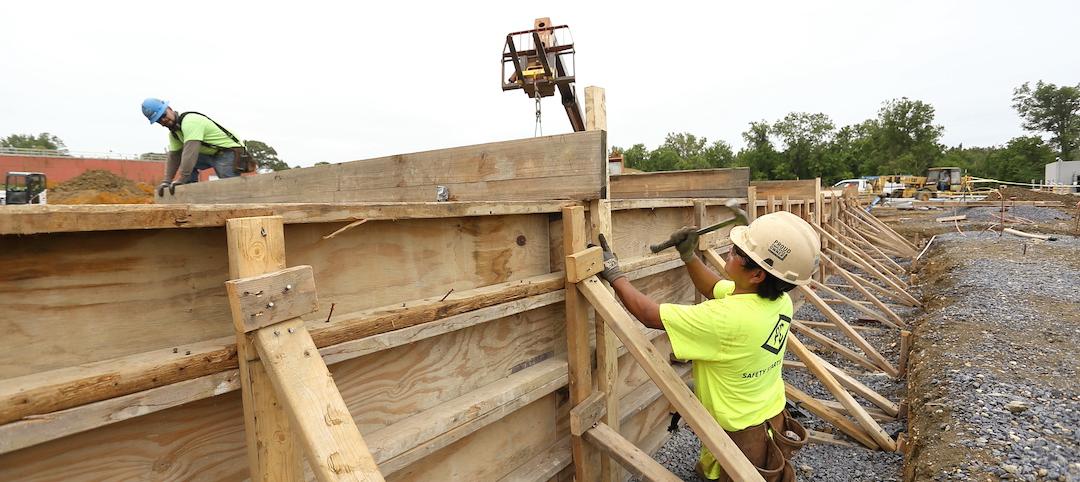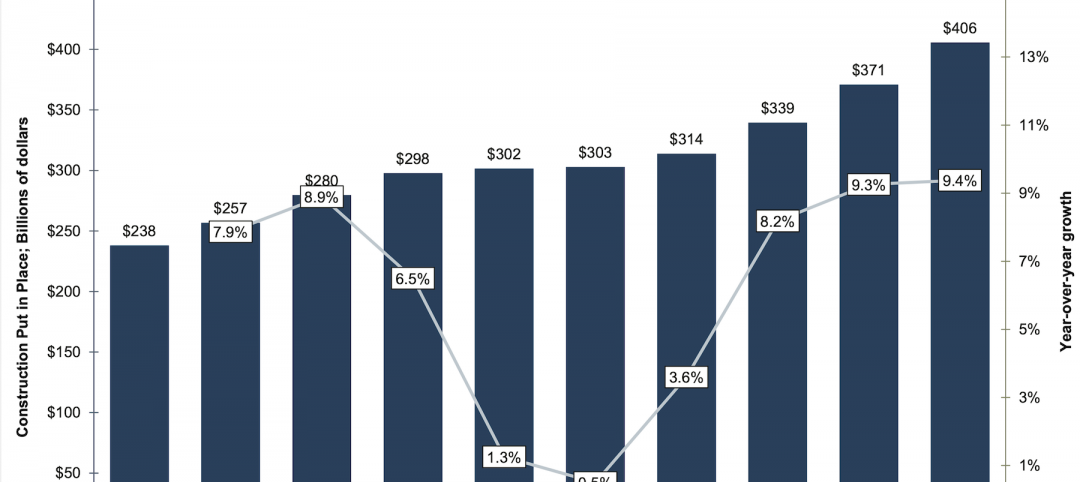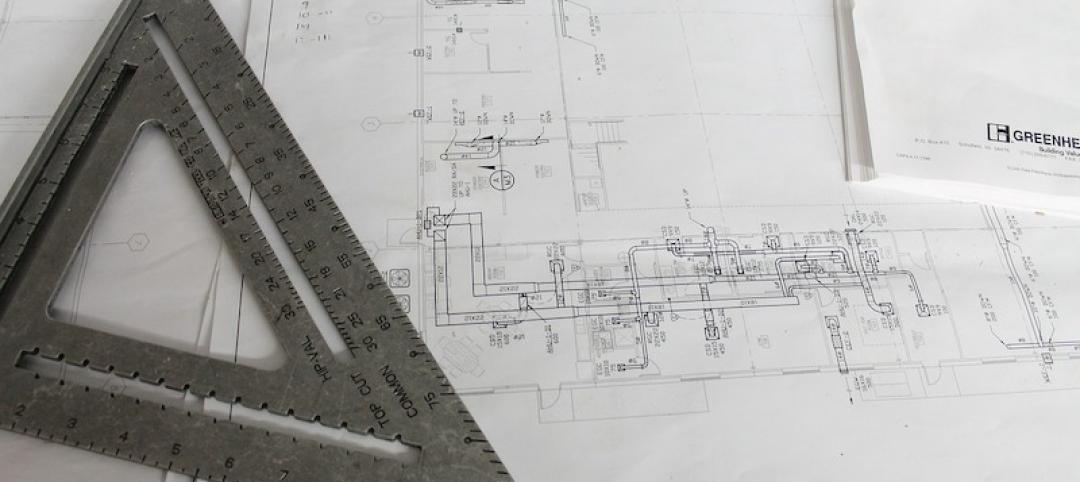A new study published today by the American Institute of Architects (AIA) finds that data and culture gaps are obstacles architects are facing in fighting climate change.
The report, Sustainability in the Architect’s Journey to Specification, identified a number of common obstacles that could be improved by the building products industry to help architects support climate action, including:
- Supplying useful, timely, and accurate product information and data.
- Reducing barriers—primarily high costs–to products to increase adoption of sustainable products, especially as clients are increasingly concerned about sustainability being too cost-conscious in the short term.
In other findings, nearly all architects said third-party testing or certification is crucial for new product adoption. Architects also indicated that continuing education from building product companies is the most convenient way to learn about new products and innovations.
“Architects are increasingly motivated to commit to climate action and evolve the built environment,” said 2020 AIA President Jane Frederick, FAIA. “Our members have an important role to play, but they cannot do it alone. Everyone in the design and building product industry must do their part, and that means more than just making materials that contribute to sustainability. Informed product and material knowledge is essential, if we are going to succeed. Committing to innovation is essential.”
Sustainability in the Architect’s Journey to Specification is available on AIA’s website.
Related Stories
Market Data | Oct 19, 2021
Demand for design services continues to increase
The Architecture Billings Index (ABI) score for September was 56.6.
Market Data | Oct 14, 2021
Climate-related risk could be a major headwind for real estate investment
A new trends report from PwC and ULI picks Nashville as the top metro for CRE prospects.
Market Data | Oct 14, 2021
Prices for construction materials continue to outstrip bid prices over 12 months
Construction officials renew push for immediate removal of tariffs on key construction materials.
Market Data | Oct 11, 2021
No decline in construction costs in sight
Construction cost gains are occurring at a time when nonresidential construction spending was down by 9.5 percent for the 12 months through July 2021.
Market Data | Oct 11, 2021
Nonresidential construction sector posts first job gain since March
Has yet to hit pre-pandemic levels amid supply chain disruptions and delays.
Market Data | Oct 4, 2021
Construction spending stalls between July and August
A decrease in nonresidential projects negates ongoing growth in residential work.
Market Data | Oct 1, 2021
Nonresidential construction spending dips in August
Spending declined on a monthly basis in 10 of the 16 nonresidential subcategories.
Market Data | Sep 29, 2021
One-third of metro areas lost construction jobs between August 2020 and 2021
Lawrence-Methuen Town-Salem, Mass. and San Diego-Carlsbad, Calif. top lists of metros with year-over-year employment increases.
Market Data | Sep 28, 2021
Design-Build projects should continue to take bigger shares of construction spending pie over next five years
FMI’s new study finds collaboration and creativity are major reasons why owners and AEC firms prefer this delivery method.
Market Data | Sep 22, 2021
Architecture billings continue to increase
The ABI score for August was 55.6, up from July’s score of 54.6.




